Tulsi Tea (Holy Basil Tea)
What is tulsi tea
Tulsi tea, also known as holy basil tea, is a popular herbal infusion prepared from the leaves of holy basil or tulsi, an aromatic herb grown in the Indian subcontinent, and all across the Southeast Asian tropics. The high therapeutic value of the caffeine-free drink is attributed to the presence of antioxidants and other health-promoting ingredients.
History and origin
Apart from its religious and mythological significance, tulsi was valued as a remedial herb in Ayurvedic medicine for treating an array of illnesses ranging from cold and fever to abdominal conditions. It has also been used in Roman, Siddha, and Greek medicine for more than thousands of years.
Tulsi tea health benefits: What is it good for
For nervous system
Some studies have shown that its use could be beneficial for relieving the symptoms of epilepsy and other diseases of the nervous system, involving motor-sensory coordination difficulties. Having adaptogenic properties makes it a good anti-stress remedy regulating the levels of the stress hormone cortisol that plays a role in counteracting the harmful effects of free radicals, helping in calming the nerves, thereby reducing stress and anxiety.
Headaches
A warm cup of the herbal decoction can provide relief from headaches associated with migraine and other stress-related conditions.
Cardiovascular health
The magnesium in the herbal drink improves the functioning of blood vessels while lowering the cholesterol levels, boosting blood circulation, and thus curbing the risk of high blood pressure and heart disorders, including atherosclerosis. Its antioxidants also have positive effects on the heart.
Effects on respiratory system
Its ability to support the immune system comes from the presence of cineole, camphene, and eugenol having antibacterial, antifungal, and anti-inflammatory properties, beneficial for inflammatory, allergic and infectious conditions of the respiratory system, including asthma, bronchitis, cough, and cold. Moreover, the expectorant properties in holy basil are responsible for clearing lung congestion while its anti-tussive effects aid in reducing cough.
For digestion
A useful herbal drink for facilitating digestion, reducing constipation and indigestion, its anti-inflammatory effects are believed to prevent a host of abdominal ailments such as Crohn’s disease and irritable bowel syndrome (IBS). Besides improving the appetite, the effectiveness of holy basil tea in promoting liver health also contributes to its digestion-boosting capacity.
Weight loss
Its consumption might improve metabolism, burning more calories, and thereby assisting in losing weight.
Lowers risk of cancer
Along with antioxidants, its anti-carcinogenic properties inhibit the growth and development of cancer cells by fighting against the harmful free radicals in the body, preventing cancer.
Diabetes
According to some previous research studies, consumption of the herbal infusion brings down the blood sugar levels by about 18% in diabetic patients, acting as an effective remedy for non-insulin-dependent diabetes.
Helpful for kidneys
While acetic acid and other compounds present in the essential oils of the tea facilitate breaking down of kidney stones, its detoxifying and diuretic effects aid in lowering the uric acid levels by enhancing the functioning of the kidneys for eliminating the harmful toxins, minimizing the risk of infection and formation of stones.
Arthritis
It acts as a natural COX-2 inhibitor exhibiting anti-inflammatory effects, alleviating swelling and pain in the joints, particularly in the case of osteoarthritis and rheumatoid arthritis. Additionally, the antioxidants have a vital role in preventing the joints from undergoing damage. [2, 5]
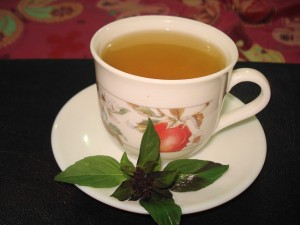
Tulsi Green Tea
Skin and hair problems
It contains polyphenols that behave as antioxidants, slowing down the process of skin aging. Having tulsi tea is also beneficial for other skin conditions like eczema, ringworms, acne, rashes, and dark circles as well as hair-related issues such as hair fall and itchy scalp. [2, 6]
Oral and dental protection
The strong aroma of holy basil tea helps in fighting bad breath, making it useful as a good mouth freshener. In addition to having antimicrobial properties, responsible for reducing infection in the mouth caused by bacteria and germs, it can be consumed for several other oral and dental conditions such as mouth ulcers and pyorrhea.
For physical stamina
It enhances the body’s capacity to utilize oxygen, increasing physical strength, and endurance capacity.
Being an anti-stress herbal drink, it might help in quitting smoking. Its active ingredients are also responsible for reducing fever in those suffering from malaria and dengue, counteracting the harmful effects of radiation therapy and sun rays, improving vision, boosting memory, and inducing sleep.
How to make tulsi tea
- Add fresh tulsi leaves or dried tulsi tea leaves in a teapot
- Pour boiling water into the teapot
- Steep for about 5-10 minutes
- Strain the mixture
- Sweeten the tea with honey or sugar
Is tulsi tea safe
Side effects
Although tulsi tea is generally considered safe for drinking, it has been found to contain anticoagulant properties that may prevent formation of blood clots. If you are already taking blood-thinning medications, then avoid its use to inhibit interactions. Since holy basil is known to absorb chromium at a higher dose, excessive consumption might result in chromium poisoning.
During pregnancy
Its consumption by pregnant women is believed to not cause any harmful effects. However, the herbal infusion might be unsafe during late pregnancy due to its anticoagulant effects. Breastfeeding mothers are advised to consult a physician before its use. [5]
Where to buy tulsi tea
The aromatic dried Tulsi tea leaves and tea bags can be purchased from any herbal tea retail shop or online store. Some of its well-known variations like tulsi green tea, tulsi sweet rose tea, tulsi ginger tea, and tulsi brahmi tea are also available in the local markets. You can also try out tulsi masala tea, a healthy blend of tulsi leaves and a variety of grounded spices.
References
- https://en.wikipedia.org/wiki/Ocimum_tenuiflorum
- http://www.teamindbody.com/blogs/healthy-tea-info/9885490-15-insane-health-benefits-of-tulsi-tea-de-stress-with-this-super-herb
- http://www.learn-about-tea.com/tulsi-tea.html
- https://timesofindia.indiatimes.com/most-searched-products/health-and-fitness/health-care/tulsi-tea-benefits-uses-and-why-should-you-sip-on-it-regularly/articleshow/72277680.cms
- http://www.healthbenefitstimes.com/health-benefits-of-tulsi-tea/
- https://www.boloji.com/articles/11790/prepare-tulsi-tea-at-home
- http://www.medicinehunter.com/holy-basil
Article was last reviewed on 24th July 2021
Related Articles
Leave a Reply
One thought on “Tulsi Tea (Holy Basil Tea)”
Leave a comment
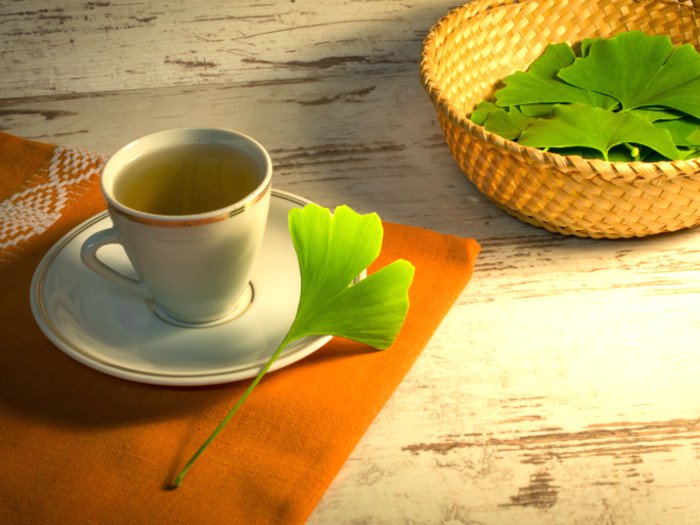
Ginkgo Biloba Tea
The Ginkgo Biloba tea is an herbal infusion obtained from the extract of the dried leaves
Read more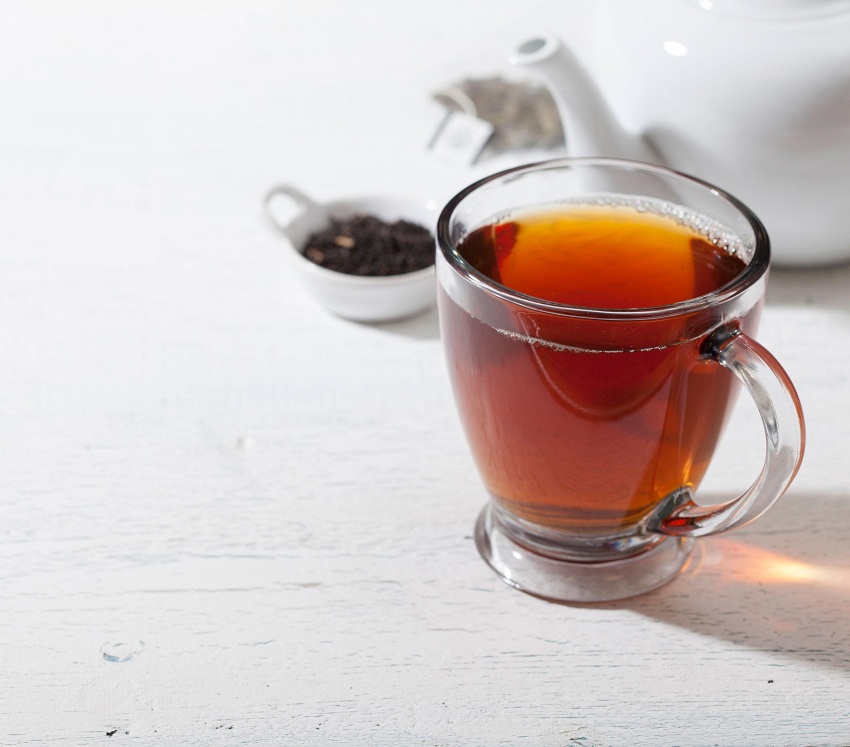
Black Tea
Black tea, belonging to the same group as the green, white and oolong teas is the most oxi
Read more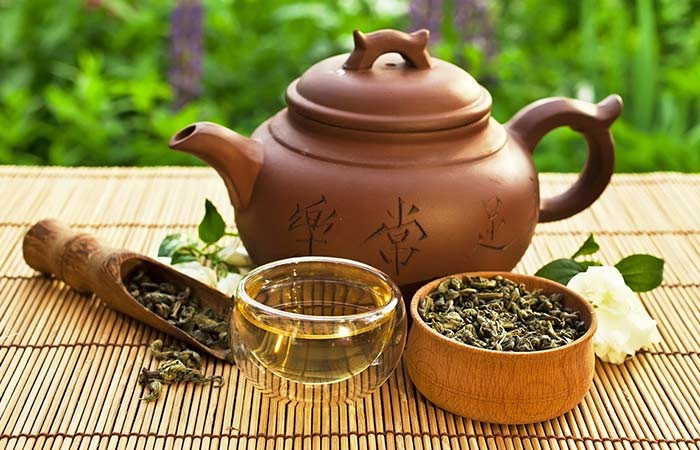
Oolong Tea
What is oolong tea Oolong, a traditional beverage of China, is prepared from the buds, st
Read more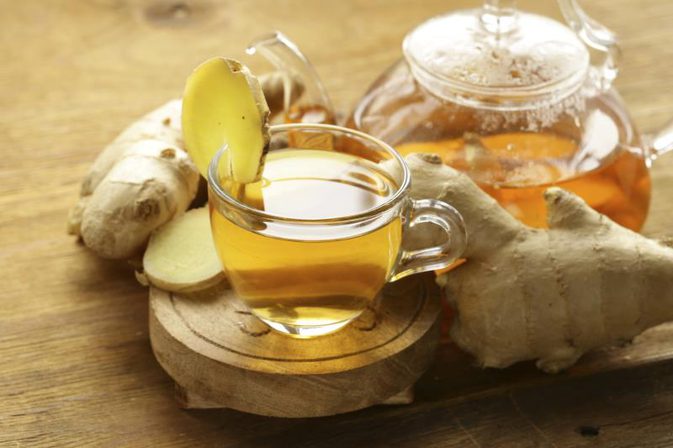
Ginger Tea
Ginger tea, prepared from the roots of ginger, is a popular herbal beverage of Asia. Becau
Read more
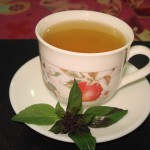

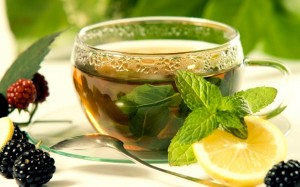
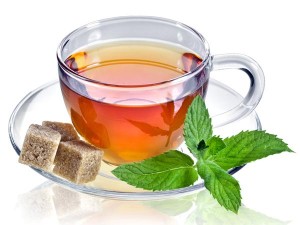
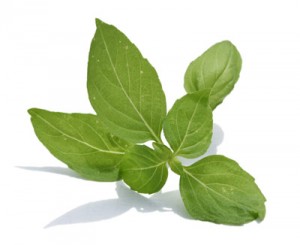
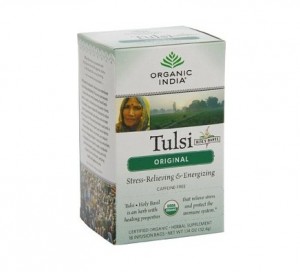
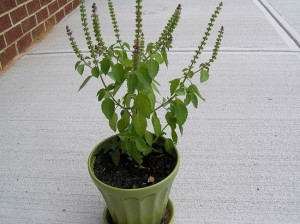
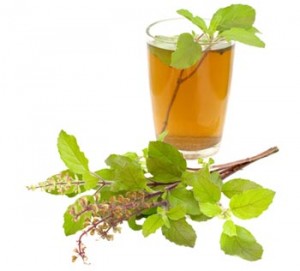
How often are you supposed to drink Tulsi tea to get the health benefits